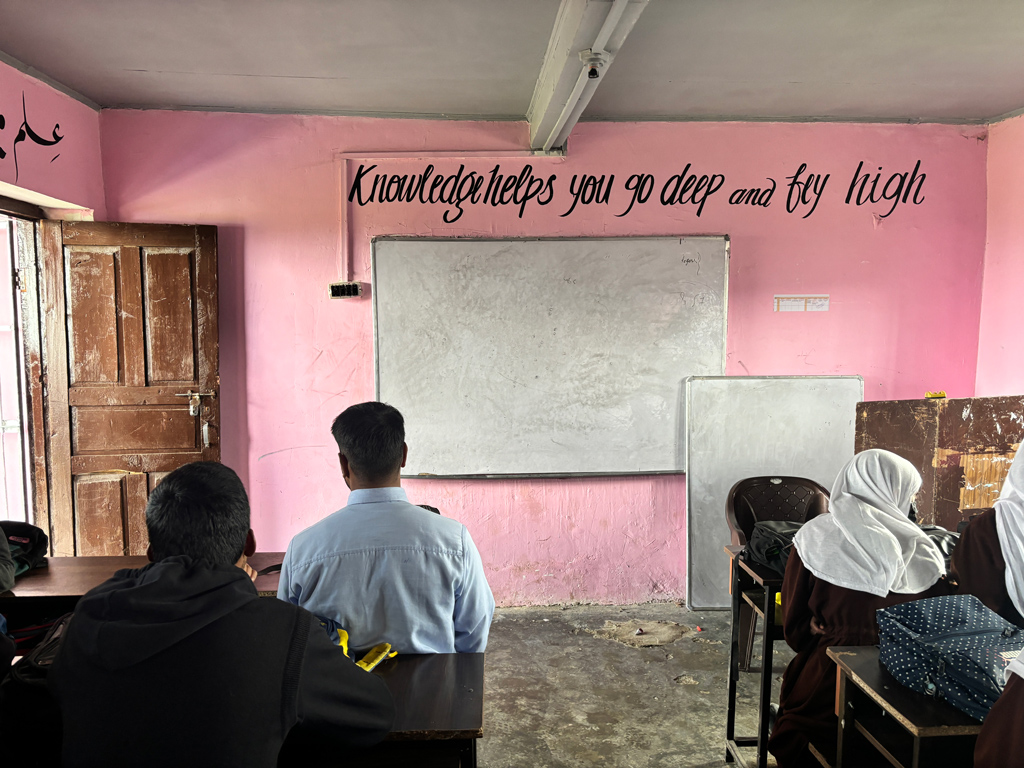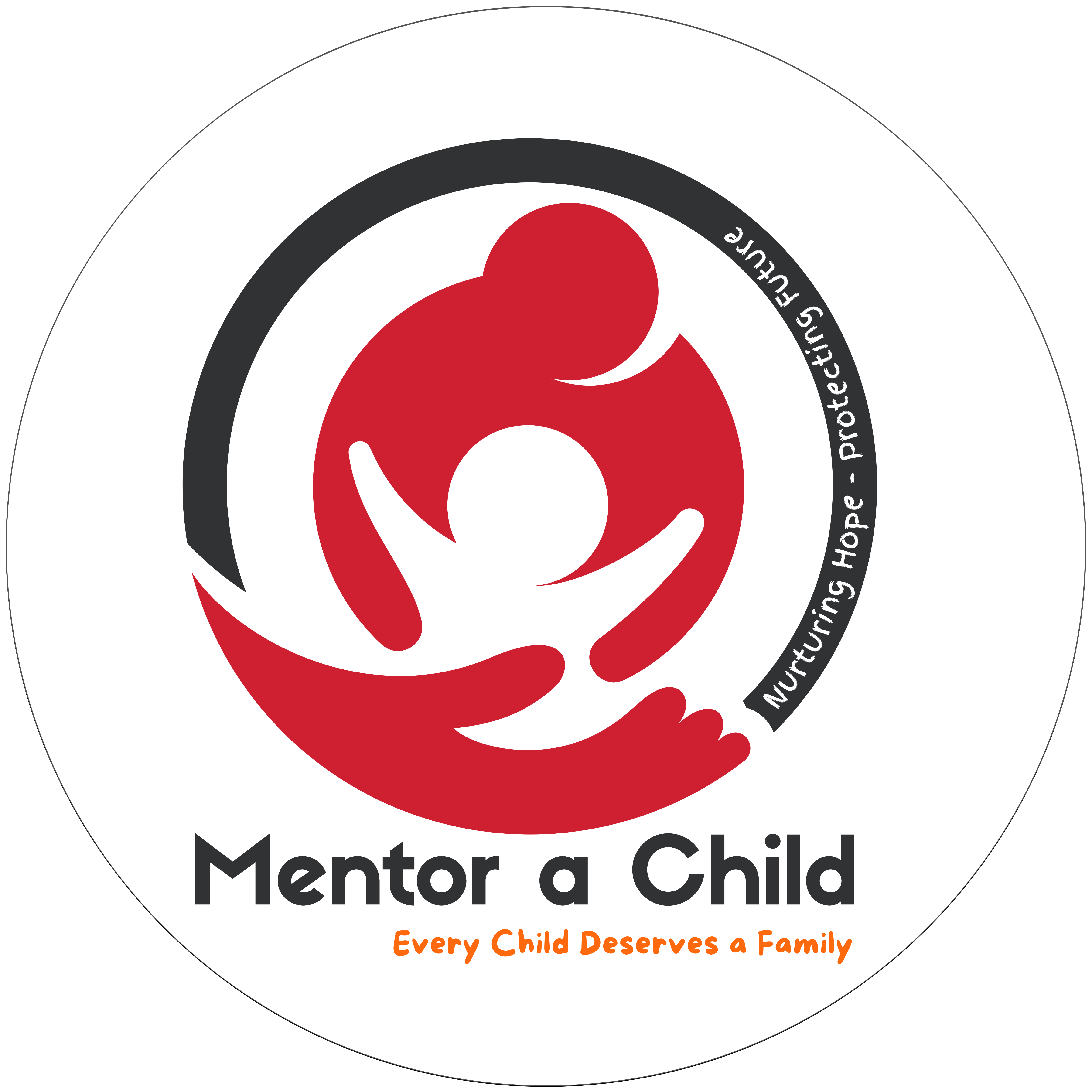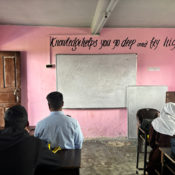
The Quietest Fighter
A teenage girl’s silent struggle for education
On most mornings, Bazila Jan (name changed) walks down the narrow path to her humble home in south Kashmir’s Pulwama district with a worn-out school bag and quiet determination.
She doesn’t chat much – not for lack of words, but because a speech disorder makes it difficult. But Bazila, ninth-grader at a local government school, is perhaps the best-spoken voice in the
battle against poverty in her family.
Her family’s battle began nearly 10 years ago when her father, who was a daily wage labourer, was hit by a speeding vehicle while he was coming back home. He went into a coma that lasted nearly two years. The head injury did everything. He is not entirely well, explains Mubeena, Bazila’s mother, her voice resolute with fatigue. “He is no longer working. The accident took away not just an income from us, but security too,” she says.
Mubeena had four mouths to feed and no breadwinner. She had to make difficult choices. Her two older children were withdrawn from school. “We did not have the means of paying for their education,” she says. “But I hope my younger children, Fazil (Name changed) and Bazila, complete theirs.”
That hope was quietly fulfilled by the Human Welfare Voluntary Organisation (HWVO), an NGO which moved after a neighbourhood-based Child Protection Group brought the family’s plight to light. “Education is often the first casualty in families affected by long-term disability or illness,” Shabir Ahmad Mir, a caseworker with HWVO, says. “When we met Bazila and Fazil, both were in ninth grade and on the verge of dropping out of school. Their father was bedridden, and they did not have any support system.”
The organisation introduced the family to individual donors – two philanthropic groups, Mission Vatsalya and Mother Helpage – who now provide a meager amount of Rs 4000 every month.
While it is barely sufficient for tuition fees, school supplies, and winter clothing, it has enabled the siblings to stay in school.
Bazila, unable to express herself verbally, has otherwise expressed her resolve elsewhere.
Her teachers describe her as a shy but diligent student. The HWVO arranges regular counseling sessions for her and her brother and keeps track of their scholastic performance through field reports. “In our counseling sessions, Bazila does not speak much, but as soon as we bring up her dream of becoming a teacher, her eyes light up. She wants to teach kids like her, kids who have
no voice amidst the din of the world,” Shabir says.
The story of the Jan family is only one of thousands across Kashmir, where trauma, poverty, and disability have a tendency to meet. Bazila’s challenge is compounded by the lack of readable study books or trained instructors at her school. But despite all that, her mother is hopeful.
“My husband may never work again. I may never have an easy day,” Mubeena says. “But I want to see Bazila graduate. That would be my victory.”
The family is still with questions. Rising costs are poised to overshadow their fragile gains. Their monthly contribution is no long-term solution, but a lifeline that must be extended by community support, state assistance, and civic generosity.
As Bazila keeps walking in silence, one question remains: will the world hear?


